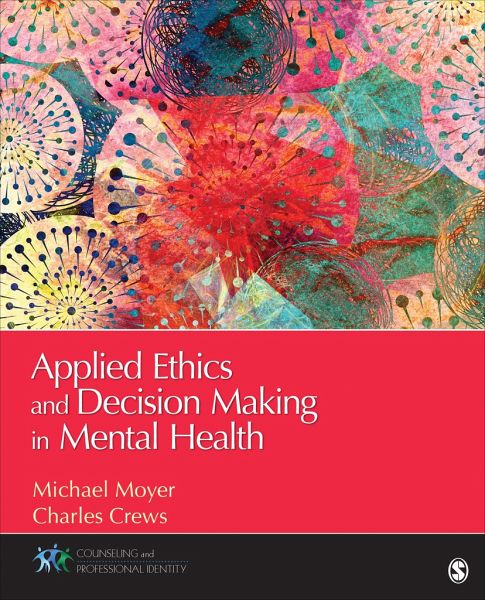Nicht lieferbar

Applied Ethics and Decision Making in Mental Health
Versandkostenfrei!
Nicht lieferbar
This book not only focuses on the various aspects of legal issues and codes of ethics, but also includes ethical decision making models and exploration into the philosophy behind ethical decision making. By challenging readers to understand their own morals, values, and beliefs, this in-depth guide encourages critical thinking, real world application, and classroom discussion using case illustrations, exercises, and examples of real dialogue in every chapter.










